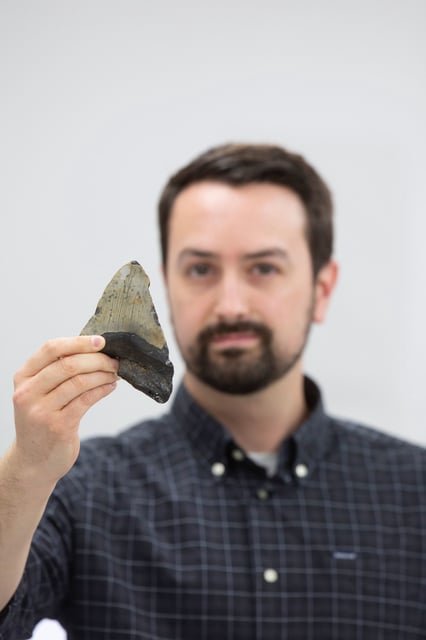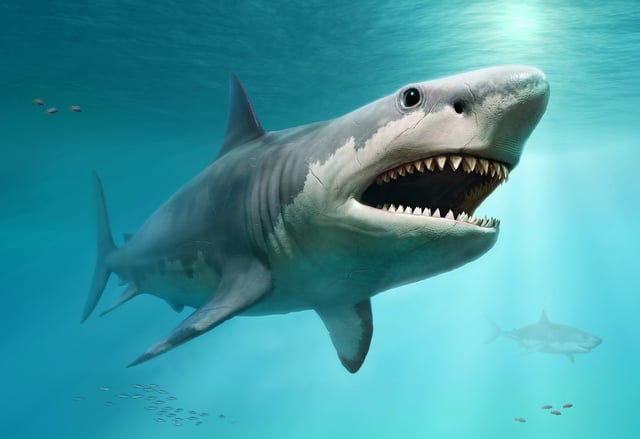Overview
- Scientists analyzed zinc isotope ratios in fossilized megalodon teeth to reconstruct its ancient diet
- Extremely low zinc-66 levels confirm megalodon’s position at the top of the food web while also indicating consumption of lower-level prey
- Comparisons of specimens from Sigmaringen and Passau reveal regional dietary shifts, with Passau sharks eating more lower-trophic fish
- An estimated daily requirement of about 100,000 kilocalories likely drove megalodon’s opportunistic, generalist feeding habits
- Previous research links competition from rising great white shark populations to megalodon’s extinction around 3.6 million years ago



